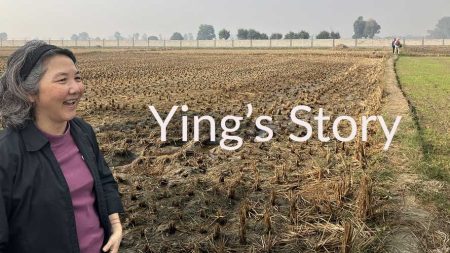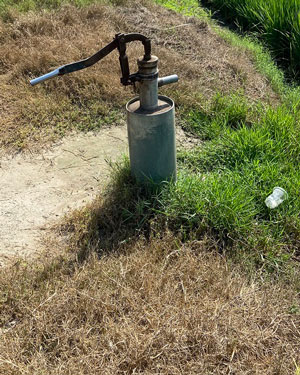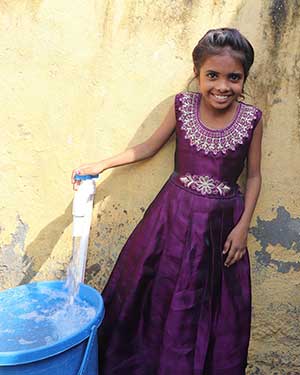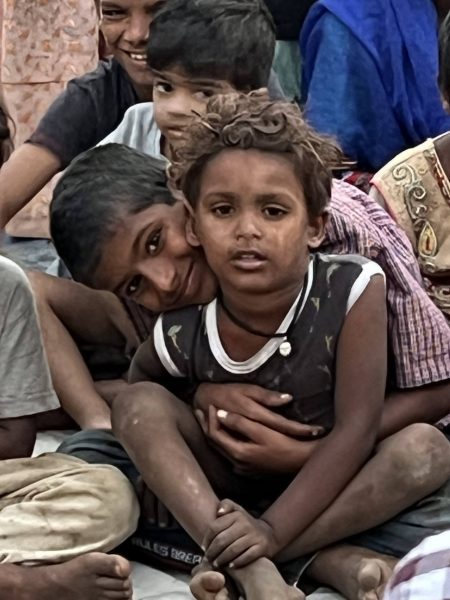
For over 21 years, Heart for Kids team members have been stepping out in faith to make a difference in the lives of vulnerable children. Each journey is unique, and every individual brings their own gifts, talents, and experiences. Through their stories, you’ll see the impact of simple acts of love, kindness, and connection that leave lasting impressions on both the children we serve and the team members themselves. These are truly stories from the heart.
These personal accounts, the first is from Ying, offer a glimpse into the incredible transformation that happens—not just in the lives of the children, but also in the hearts of those who go. We hope these stories inspire you to see how small acts of service can ripple into something far greater.
Explore these heartfelt stories and witness the power of love in action. More stories from the heart will follow from team members, sponsors and supporters.
You can learn more about our teams and how you can get involved on our Teams page.




